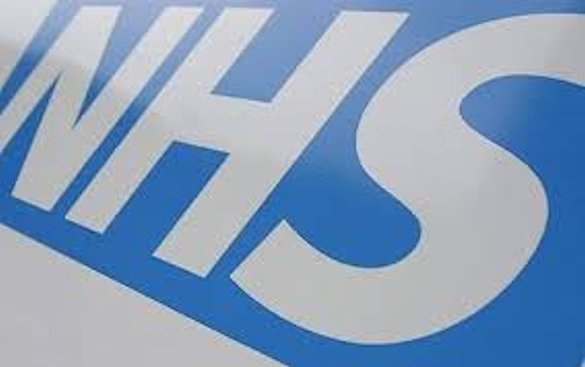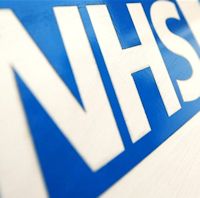
Personal Health Budgets (PHBs), which are being introduced as a new and innovative way of allocating NHS funds to patients, represent the privatisation of the National Health Service, according to research by the University of Liverpool.
PHBs are NHS funds allocated to certain groups of patients to allow them to purchase services or equipment that will meet their healthcare and well-being needs. They are designed to give patients with long-term chronic diseases – like diabetes – individual choice, flexibility and control over the care they receive.
In an article published in International Journal of Health Services, public health expert Dr Alex Scott-Samuel critically analyses the wide range of views and evidence about the effectiveness of PHBs in addressing healthcare needs, and questions their significance in relation to the future of the NHS.
Personal Health Budgets
PHBs were introduced in England in 2014 after a pilot programme in 70 areas and they will be rolled out across the country to all patients with long-term conditions in April.
The Government’s evaluation of the pilot programme found that PHBs improved care-related quality of life and psychological well-being – but they did not improve either health-related quality of life or clinical outcomes.
Furthermore, the article notes that an independent reassessment of the evidence from the pilots found the evaluations to be methodologically unsound, with their conclusions based on misleading use of data. It concluded that PHBs as currently conceived are incapable of achieving the personalization of services that is their central objective.
Using for the first time evidence from specialist email discussion lists, Dr Scott-Samuel reveals the strength of opinion for and against PHBs from healthcare providers, policy experts, patients and support groups.
PHBs for diabetes patients
In one communication Baroness Barbara Young, the Chief Executive of Diabetes UK, raises concerns over the effectiveness of PHBs for diabetes patients: “Diabetes is a complex condition.
The development of its complications can be unpredictable and lead to multiple co-morbidities. Research in this area has identified that personal budgets are likely to work best when conditions are stable and predictable.
“Therefore Diabetes UK takes the position that personal health budgets are not suited for clinical diabetes care delivery and may impact negatively on quality of care and lead to the fragmentation of services.”
Therapeutic Value
The therapeutic value of the services which PHBs can be used for is strongly criticised by email contributors – for example, the fact that PHBs have been used to buy football tickets.
One email contributor points out that PHBs can be used to pay for services no longer provided by the NHS, for example acupuncture. The pilot programme found that typically, PHBs had been used to pay for services such as gym membership and personal trainers, alternative therapies, or to pay carers.
The email discussions also reveal concerns about both the ability and the desire of patients with chronic diseases to manage their own healthcare budget and to negotiate with care providers.
Key concern
However, the key area of concern in the email evidence is that PHBs are part of the transition to an insurance-based private system, and the end of an NHS that is available to all, regardless of wealth.
Dr Scott-Samuel said: “Personal Health Budgets are being introduced at a time when rapid privatisation of the English NHS is taking place and where restrictions are being placed on people’s access to healthcare.
“As a result many see their introduction as a diversionary gimmick designed to help pave the way for the conversion of the NHS in England into the insurance-based system which many believe is the intention of the UK government.”
